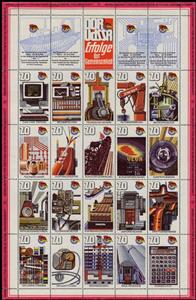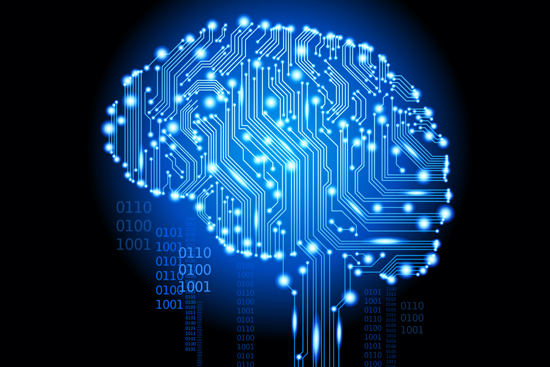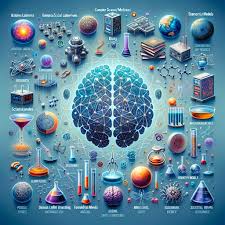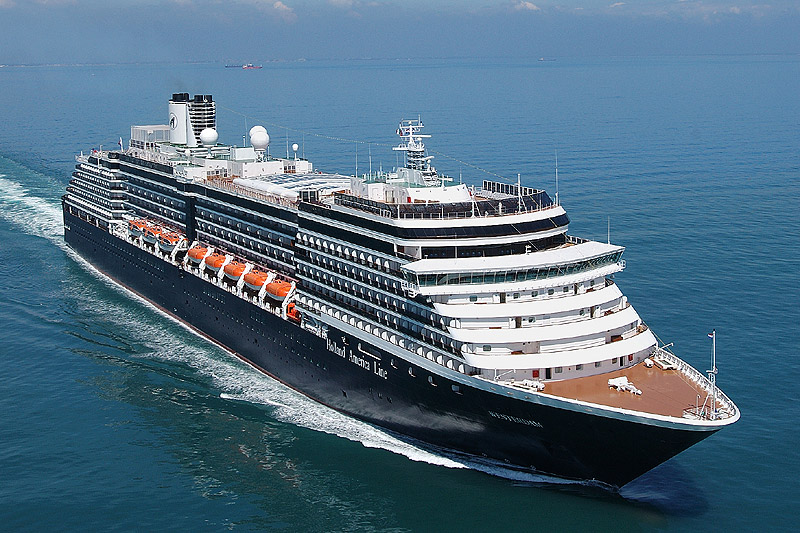Mini Sheet: Successes of community for the benefit of the people (Cinderellas 1988)
Successes of community for the benefit of the people (Cinderellas 1988)
01 January (Cinderellas ) within release German-Soviet Friendship (DSF) goes into circulation Mini Sheet Successes of community for the benefit of the people face value 20*20 East German pfennig
| Mini Sheet Successes of community for the benefit of the people in catalogues | |
|---|---|
| Colnect codes: | Col: DD 1988-01/BL |
Mini Sheet is square format.
Stamp from the booklet "GDR-USSR. Successes of community for the benefit of the people".Also in the issue German-Soviet Friendship (DSF):
- Stamp - Automation face value 20;
- Stamp - Biotechnology face value 20;
- Stamp - CAD/CAM Station face value 20;
- Stamp - Computing Technology face value 20;
- Stamp - Cosmos Research face value 20;
- Stamp - Electric Turbines face value 20;
- Stamp - Forming Technology face value 20;
- Stamp - Freight Transport face value 20;
- Stamp - Housing Construction face value 20;
- Stamp - Machine Tools face value 20;
- Stamp - Medical Technology face value 20;
- Stamp - Microcomputer face value 20;
- Stamp - New Travel Trains face value 20;
- Stamp - Optical Fiber face value 20;
- Stamp - Polymer Chemistry face value 20;
- Stamp - Raw Material Extraction face value 20;
- Mini Sheet - Successes of community for the benefit of the people face value 20*20;
- Stamp - Technical Ceramics face value 20;
- Stamp - Wave Weaving face value 20;
- Stamp - Welding Robot face value 20;
- Stamp - Wire Casting System face value 20;
Mini Sheet Successes of community for the benefit of the people it reflects the thematic directions:
Construction is a general term meaning the art and science of forming objects, systems, or organizations. It comes from the Latin word constructio (from com- "together" and struere "to pile up") and Old French construction. To 'construct' is a verb: the act of building, and the noun is construction: how something is built or the nature of its structure.
Computer science is the study of computation, information, and automation. Computer science spans theoretical disciplines (such as algorithms, theory of computation, and information theory) to applied disciplines (including the design and implementation of hardware and software)
A computer is a machine that can be programmed to automatically carry out sequences of arithmetic or logical operations (computation). Modern digital electronic computers can perform generic sets of operations known as programs. These programs enable computers to perform a wide range of tasks. The term computer system may refer to a nominally complete computer that includes the hardware, operating system, software, and peripheral equipment needed and used for full operation; or to a group of computers that are linked and function together, such as a computer network or computer cluster.
In microeconomics, an industry is a branch of an economy that produces a closely related set of raw materials, goods, or services.For example, one might refer to the wood industry or to the insurance industry.
Medicine is the science and practice of caring for patients, managing the diagnosis, prognosis, prevention, treatment, palliation of their injury or disease, and promoting their health. Medicine encompasses a variety of health care practices evolved to maintain and restore health by the prevention and treatment of illness. Contemporary medicine applies biomedical sciences, biomedical research, genetics, and medical technology to diagnose, treat, and prevent injury and disease, typically through pharmaceuticals or surgery, but also through therapies as diverse as psychotherapy, external splints and traction, medical devices, biologics, and ionizing radiation, amongst others.
Science is a systematic discipline that builds and organises knowledge in the form of testable hypotheses and predictions about the universe.Modern science is typically divided into two or three major branches: the natural sciences (e.g., physics, chemistry, and biology), which study the physical world; and the behavioural sciences (e.g., economics, psychology, and sociology), which study individuals and societies.The formal sciences (e.g., logic, mathematics, and theoretical computer science), which study formal systems governed by axioms and rules, are sometimes described as being sciences as well; however, they are often regarded as a separate field because they rely on deductive reasoning instead of the scientific method or empirical evidence as their main methodology. Applied sciences are disciplines that use scientific knowledge for practical purposes, such as engineering and medicine
A ship is a large watercraft that travels the world's oceans and other sufficiently deep waterways, carrying passengers or goods, or in support of specialized missions, such as defense, research and fishing. Historically, a "ship" was a sailing vessel with at least three square-rigged masts and a full bowsprit. Ships are generally distinguished from boats, based on size, shape and load capacity.






